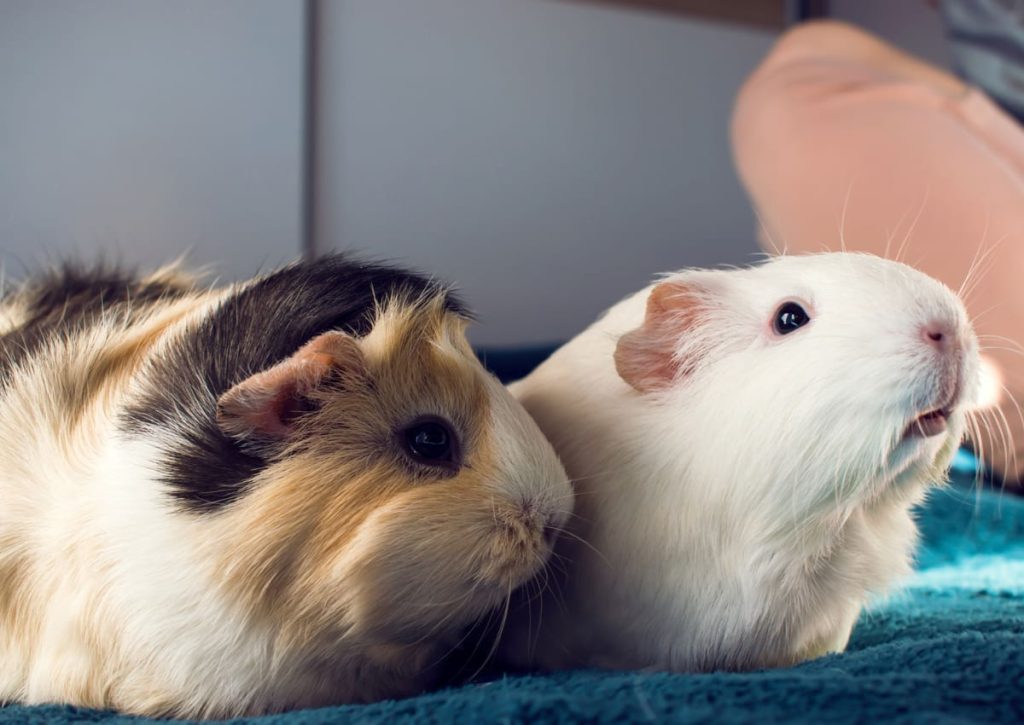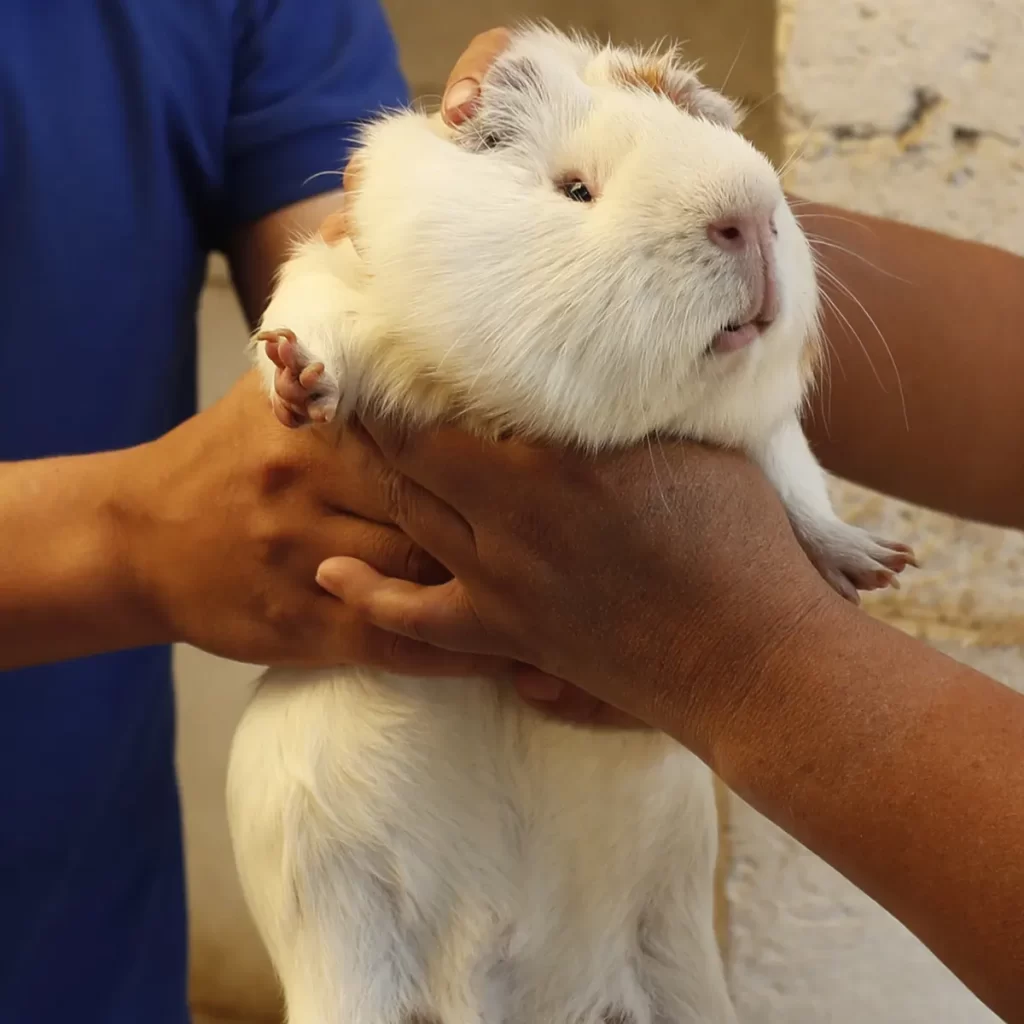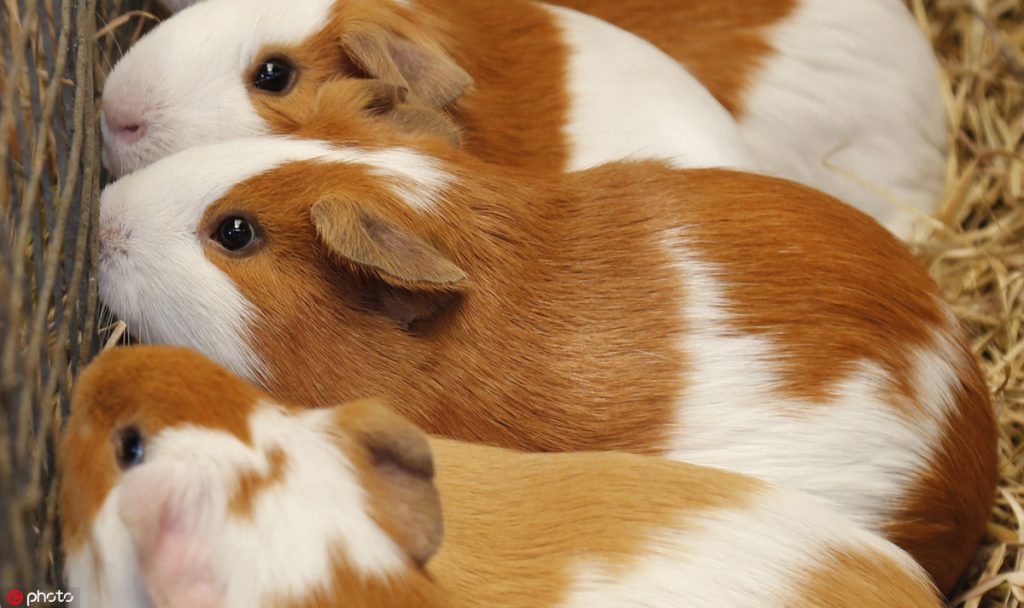Respiratory problems are common in guinea pigs and can be caused by a variety of factors. These problems can range from mild, such as sneezing and nasal discharge, to severe, such as pneumonia. It is important for guinea pig owners to be aware of the signs and symptoms of respiratory problems, as prompt veterinary care is essential to managing these conditions.

- Causes of Respiratory Problems in Guinea Pigs
There are several factors that can cause respiratory problems in guinea pigs. One of the most common causes is bacterial or viral infections. These infections can be spread between guinea pigs or from other animals, and can cause symptoms such as sneezing, coughing, and nasal discharge. Many respiratory infections are highly contagious and can spread quickly among guinea pigs in close proximity to each other.
Other factors that can contribute to respiratory problems in guinea pigs include poor air quality, such as exposure to cigarette smoke or other pollutants, and stress. Guinea pigs that are housed in environments with poor ventilation or high levels of dust or mold may be at an increased risk for developing respiratory problems. Additionally, guinea pigs that are under stress, such as those that have recently been moved to a new environment or are in close proximity to other animals, may be more susceptible to respiratory problems.
- Signs and Symptoms of Respiratory Problems in Guinea Pigs
There are several signs and symptoms that guinea pig owners should be aware of when it comes to respiratory problems. These can include:
- Sneezing: Frequent sneezing is a common sign of respiratory problems in guinea pigs.
- Nasal discharge: Excessive discharge from the nose can also be a sign of respiratory problems.
- Coughing: Guinea pigs that are coughing frequently or appear to have difficulty breathing may be suffering from respiratory problems.
- Labored or rapid breathing: Labored or rapid breathing can be a sign of more severe respiratory problems, such as pneumonia.
- Wheezing: Wheezing is a high-pitched whistling sound that can occur when guinea pigs breathe and is a sign of more advanced respiratory problems.
- Loss of appetite: Respiratory problems can cause guinea pigs to lose their appetite, which can lead to weight loss and other health problems.
- Lethargy: Guinea pigs that are suffering from respiratory problems may appear lethargic, with less energy than usual.

- Diagnosing Respiratory Problems in Guinea Pigs
If you suspect that your guinea pig is suffering from respiratory problems, it is important to seek veterinary care immediately. Your veterinarian can perform a physical exam and may recommend diagnostic tests, such as blood work or X-rays, to help determine the underlying cause of the respiratory problems.
- Treatment of Respiratory Problems in Guinea Pigs
The treatment of respiratory problems in guinea pigs will depend on the underlying cause of the condition. Antibiotics may be prescribed to treat bacterial infections, while antifungal medications may be used to treat fungal infections. In some cases, nebulization therapy may be recommended to help relieve respiratory symptoms.
- Preventing Respiratory Problems in Guinea Pigs
Preventing respiratory problems in guinea pigs is essential to maintaining their overall health and wellbeing. To prevent respiratory problems, it is important to provide your guinea pig with a clean living environment, free from pollutants and irritants. This includes keeping their living area well-ventilated and avoiding the use of tobacco products or other sources of air pollution.
Additionally, it is important to provide your guinea pig with a healthy diet that is rich in vitamin C. Vitamin C is essential to maintaining a healthy respiratory system, and guinea pigs cannot produce it on their own. A diet that is high in fresh fruits and vegetables, such as bell peppers and kale, can help ensure that your guinea pig is getting enough vitamin C.
Finally, it is important to keep your guinea pig’s stress levels low. This can include providing them with plenty of opportunities for exercise and play, as well as minimizing exposure to other animals that may be carrying respiratory infections.

In conclusion, respiratory problems are a common health issue in guinea pigs, and it is important for guinea pig owners to be aware of the signs and symptoms of these conditions. Seeking veterinary care promptly can help prevent more severe health issues and ensure that your guinea pig receives appropriate treatment to manage their respiratory problems.